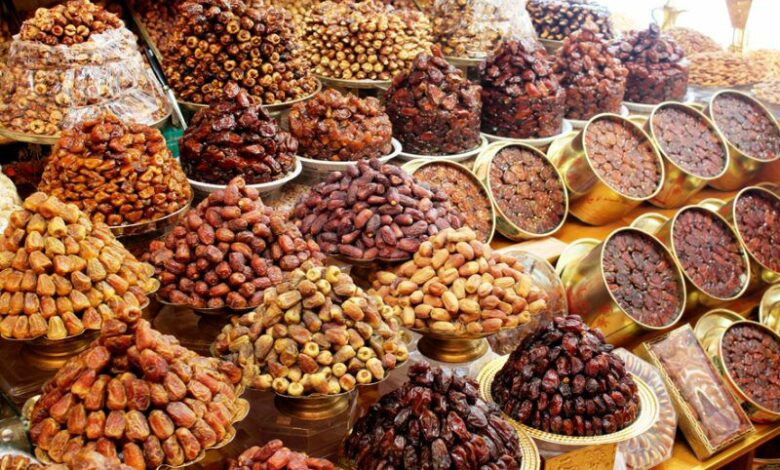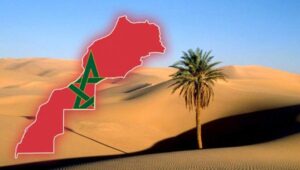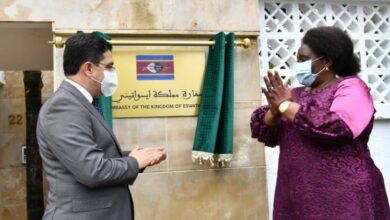Date Production in Arab Countries: How Advanced is Morocco in Production and Quality?

ALDAR/
Dates are one of the traditional agricultural crops of great economic and cultural significance in many Arab countries. They have been a major food source for Arab populations since ancient times. This product holds a special place in the Middle East and North Africa (MENA), which is known for its hot and dry climate, making it ideal for growing date palms. According to the latest available statistics, Arab countries are witnessing substantial date production throughout the year, and this is clearly reflected in the figures placing these countries among the world’s largest date producers.
Egypt leads the list of Arab countries in date production, producing around 1.5 million tons annually, contributing significantly to the global date market. Egypt primarily relies on palm farms spread across the Eastern and Western Desert regions, which offer an ideal environment for growing various types of dates. Saudi Arabia follows in second place, with production reaching 1.1 million tons annually, making it one of the largest date production hubs in the world, in addition to its high local consumption of dates.
In third place is the United Arab Emirates, which produces about 1 million tons of dates annually. The UAE is a leader in employing modern technologies for date cultivation and quality enhancement. It has also become a major exporter of dates worldwide, known for its premium varieties, such as “luxury dates,” which are highly popular in international markets.
Iraq produces about 700,000 tons of dates annually and is considered one of the oldest countries in the Arab world to cultivate date palms, with a history of cultivation spanning thousands of years. Despite the challenges the country has faced in recent decades, date production continues to thrive in Iraq, representing a significant portion of its local agricultural output.
Libya produces around 600,000 tons of dates annually. The country is known for date farming in its desert regions, and “Libyan dates” are renowned for their unique taste. Libya is also seeing growth in the use of agricultural technology to improve crop quality and increase production.
Morocco, with an annual production of approximately 400,000 tons of dates, stands out as one of the top date producers in North Africa. The desert regions in southern Morocco, such as “Zagora,” are famous for cultivating some of the best varieties of dates, enhancing Morocco’s position as a key source of this fruit.
Algeria produces about 350,000 tons of dates annually, and “Algerian dates” are among the most distinguished varieties in the region, including well-known types like “Medjool dates” and “Sidi Ali dates.”
In Tunisia, annual production reaches around 220,000 tons of dates. Tunisia is known for its variety of dates and their high quality, with European markets accounting for a large share of its exports.
Jordan produces approximately 60,000 tons of dates annually. While date palm farming is a smaller economic sector compared to other countries, it contributes to fulfilling a portion of the local market’s needs. In Palestine, around 50,000 tons of dates are produced annually, and dates are a major source of income in certain agricultural regions.
These figures clearly demonstrate that Arab countries are among the largest and most important date producers globally, with various types of dates that are popular in numerous international markets. With the continued focus on advancing agricultural technologies and increasing production, it is expected that Arab countries will maintain a prominent position in this vital agricultural sector.





